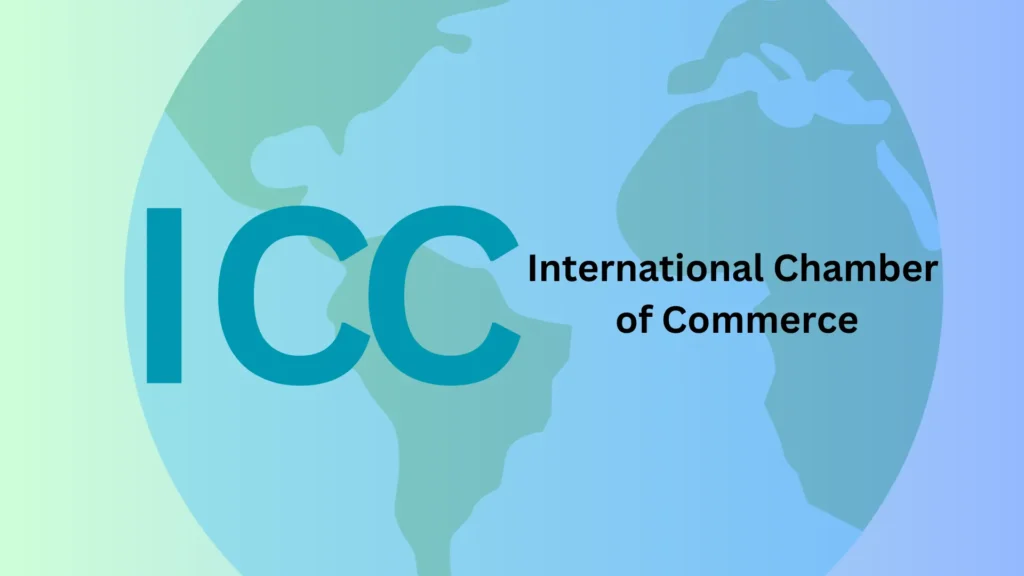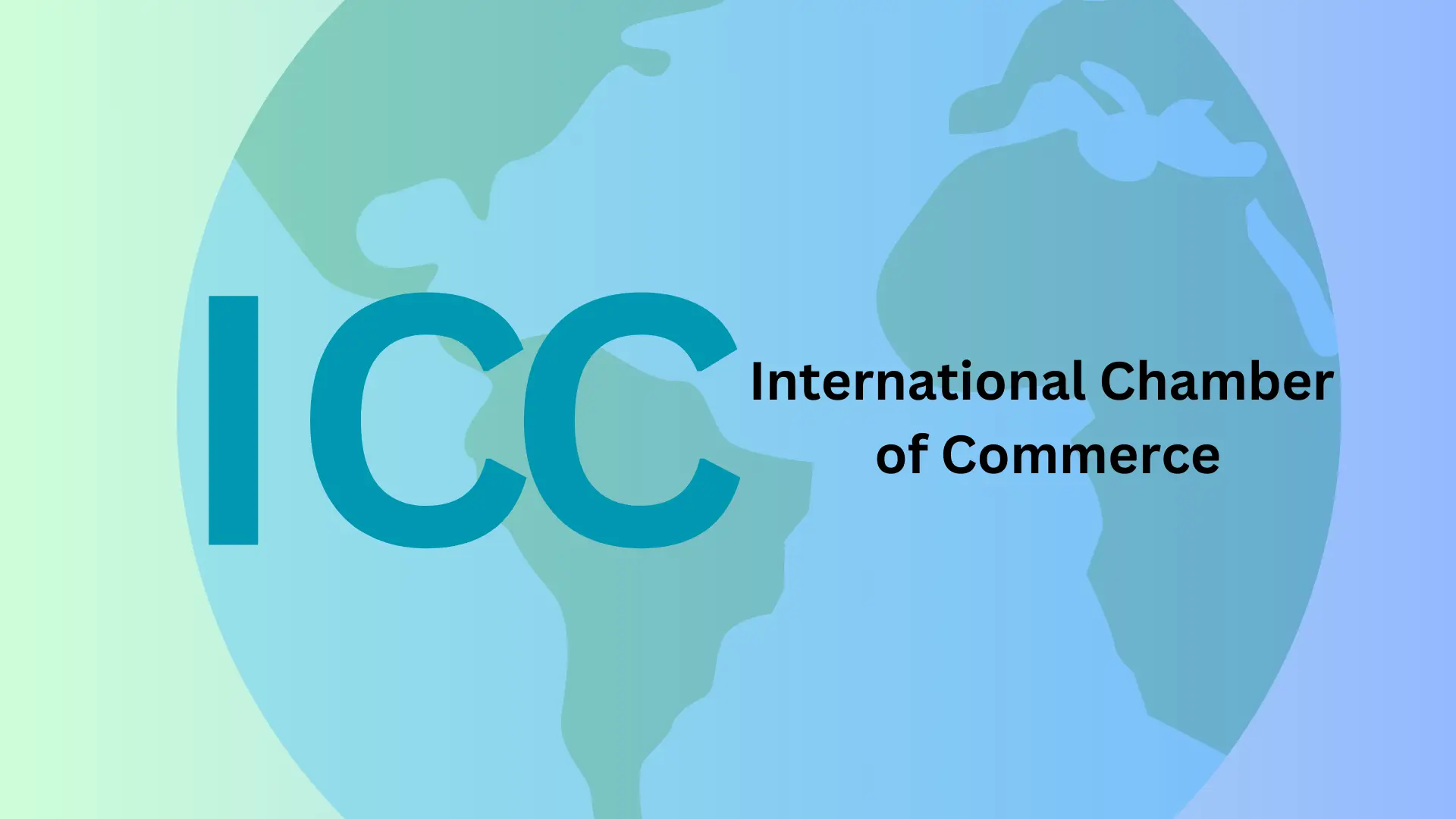What changes have been introduced in the 2023 Rules on Combating Corruption by the ICC?
The 2023 Rules on Combating Corruption, which the International Chamber of Commerce (ICC) recently unveiled, represent a major turning point in the way businesses manage integrity risks in global value chains. This extensive framework emphasizes the vital significance of moral behavior and openness, setting a new standard for enterprises.

By addressing corruption challenges across diverse sectors, the rules aim to enhance corporate governance and foster a culture of integrity. The guidelines provide a robust foundation for companies to navigate the complexities of global business environments, promoting responsible and sustainable practices. As businesses strive to uphold these standards, the ICC’s 2023 Rules are poised to play a pivotal role in shaping a more ethical landscape for corporate operations worldwide.
The newly released 2023 Rules on Combating Corruption by the ICC have emerged as a pivotal instrument globally, serving as a flagship tool for instilling business integrity. This updated edition supersedes the previous 2011 version, aligning itself with contemporary standards and corporate practices. The rules have been meticulously crafted under the guidance of the ICC Global Commission on Anti-Corruption and Corporate Responsibility.
Launched on December 11 by ICC Chair Maria Fernanda Garza at the onset of the UN Conference of the States Parties to the UN CAC in Atlanta, the rules coincide with the 20th anniversary of the UN Convention against Corruption. This timely release aims to fortify the implementation of this binding instrument, coinciding with the 10th Conference of States Parties (CoSP 10).
To delve deeper into the significance of these rules and the role businesses can play in combating corruption, we engaged in a conversation with Viviane Schiavi, ICC Global Policy Lead on Anti-corruption and Corporate Responsibility.
What are the new ICC Rules on Combating Corruption’s additions and adjustments, and how do they address the problems that are now facing the fight against corruption?
The 2023 ICC Rules on Combating Corruption are noteworthy for their increased emphasis on reporting mechanisms, which are critical for identifying and stopping wrongdoing. Furthermore, the updated rules place additional emphasis on the section on managing and supervising third parties, acknowledging that these parties frequently represent a weak point in the integrity of the supply chain.
Also Read About National Mathematics Day
Lastly, and perhaps most intriguingly, the ICC’s Rules on Combating Corruption now promote responsible business conduct for the first time, reflecting the growing expectation that companies actively contribute to sustainable development and address any negative effects related to their operations.
What actions may companies take to combat corruption?
The first thing that businesses should do is create a formal code of conduct or set of policies that clearly forbid corrupt practices in any way, shape, or form. This includes a variety of actions, including trading in influence, commercial or public bribery, extortion or solicitation, and laundering proceeds from these practices. The prohibition covers both direct and indirect involvement in corrupt activities, like using third parties.
In order to actively promote a culture of compliance, companies should take a proactive and constructive stance. This includes creating compliance programs that are customized to their particular business activities and include comprehensive risk assessments. These programs are essential for recognizing, handling, and resolving integrity-related issues.
Moreover, comprehensive compliance initiatives can provide direction on a number of issues, such as contributions to political and charitable causes, conflicts of interest, and gift and hospitality protocols. By putting these measures into place, companies can create a strong framework for preventing and combating corrupt practices.
What impact does the ICC have on international efforts to combat corruption?
In 1977, the International Chamber of Commerce (ICC) was the first business organization to release anti-corruption rules, known as the ICC Rules to Combat Extortion and Bribery. Over time, the ICC further expanded its portfolio, developing a robust set of practical rules and guidelines for responsible business conduct, crafted by and for the business community.
The underlying belief is that only within a corruption-free system can all participants truly compete on a level playing field. The ICC has consistently emphasized the vital role that businesses play in adhering to self-imposed rules while acknowledging the fundamental responsibilities of international organizations and national governments in the battle against corruption and the encouragement of responsible business conduct.

Dear dailypadho.com owner, Your posts are always well-cited and reliable.